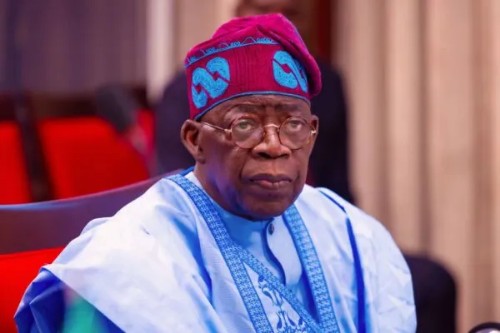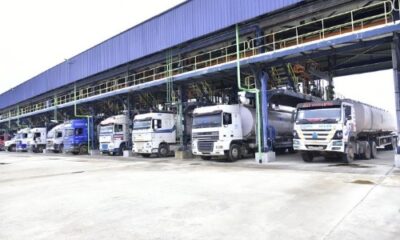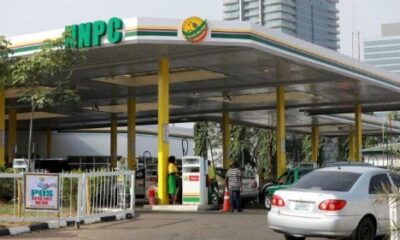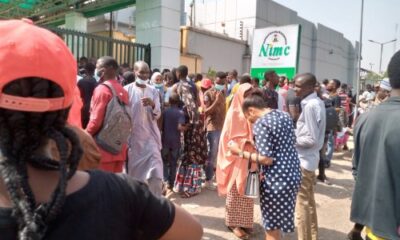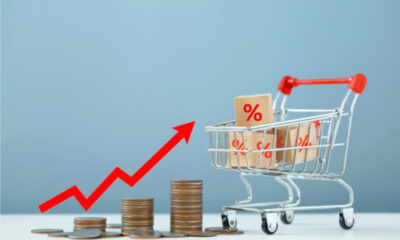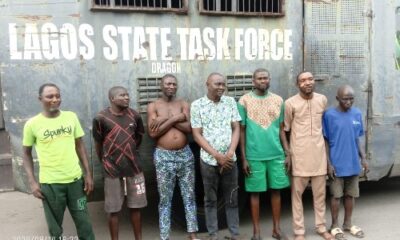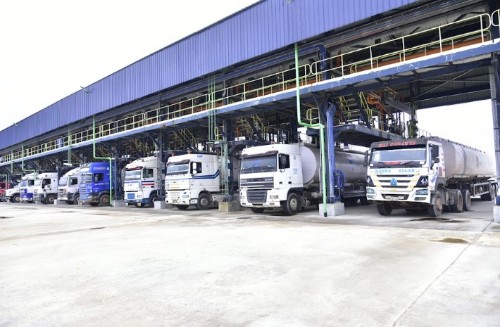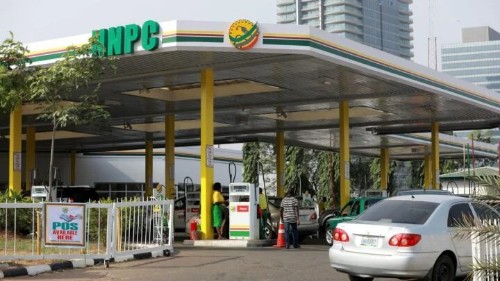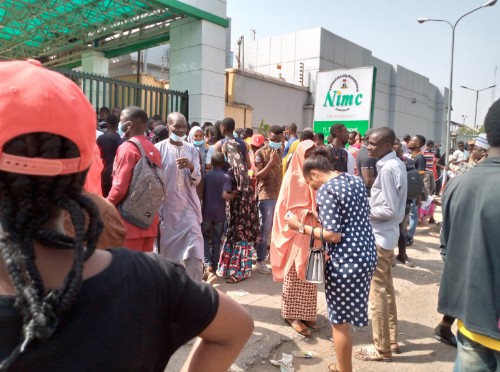Nigeria’s President, Asiwaju Bola Ahmed Tinubu, has directed Vice President Kashim Shettima to convene a meeting with, Heineken Lokpobiri, Minister of State, Petroleum; Mele Kyari, Group Chief Executive Officer, Nigerian National Petroleum Company Limited; Mallam Nuhu Ribadu, National Security Adviser.
The meeting aims to address the recent increase of petrol pump price, the scarcity of the product in different parts of the country.
Executive Director, Nigeria Mainstream, Downstream Petroleum Regulatory Authority, Kalu Okuoha, also attended.
Speaking to State House correspondents after the meeting with the Vice President, Lokpobiri said: “We were summoned by the Vice President who was directed by Mr. President to summon this meeting and we have been with him to brief him about what is going on across the country.
“The Vice President summoned us and we’ve been with him to brief him about what is going on across the country.
“And what is important is for us to convey to Nigerians that the President is empathetic about what is going on in the country.
“He is concerned about the hardship of Nigerians, and that was why he directed the Vice President to call this meeting, for us to reflect on what is going on in the country.
“What is important is that products are available in the country, and we believe that between now and the weekend, there will be availability of products across the length and breadth of the country.
“The price could be high in some other areas, much higher in some other locations, and in some locations, much more than you know in other areas.
“But we believe that by the time there is availability of products across the country, the price itself will stabilise.
“But what is important is that the government is not fixing prices.
“This sector is deregulated.
“And we believe that with the availability of products, the price will find its level.
“And this is important for Nigeria to know.
“The summary is that the President is empathetic about what’s going on.
“That’s why he directed this meeting.
“There is enough product in the country to be able to meet the demands of Nigerians.
“There should be no panic buying.
“And we also believe that Nigerians need to know that the government is not fixing prices.
“That is what I want to convey to Nigerians.”
Okuoha also said: “All regulatory efforts are now geared towards stabilising supply, with a resultant impact that will be positive also on the stability of price.
“To that objective, the regulator is ensuring that there are increased operating hours from all loading depots; vessels are being cleared promptly and extended hours where safety can permit for truck-outs as well.
“More important also is the reinforcement of the support being given to local refiners because with increased production from them, we, indeed, like the minister, has said, there will be a higher supply, which will stabilise the price.
“That’s the effort that the regulator is making.”

 BIG STORY5 days ago
BIG STORY5 days ago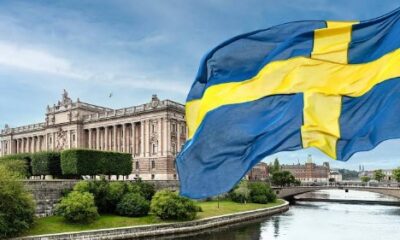
 BIG STORY4 days ago
BIG STORY4 days ago
 BIG STORY4 days ago
BIG STORY4 days ago
 BIG STORY5 days ago
BIG STORY5 days ago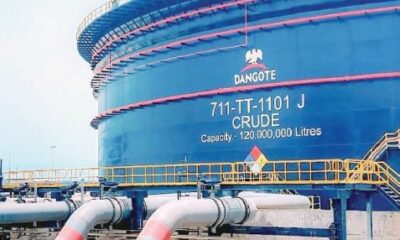
 BIG STORY3 days ago
BIG STORY3 days ago
 BIG STORY4 days ago
BIG STORY4 days ago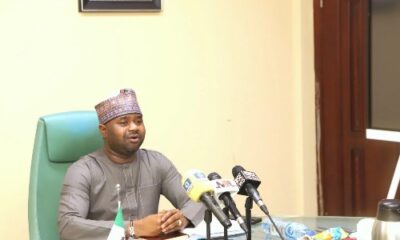
 BIG STORY3 days ago
BIG STORY3 days ago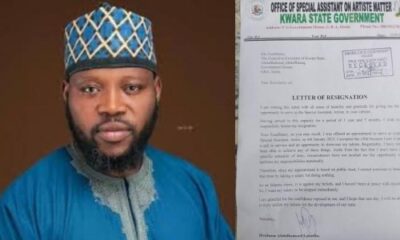
 BIG STORY4 days ago
BIG STORY4 days ago



